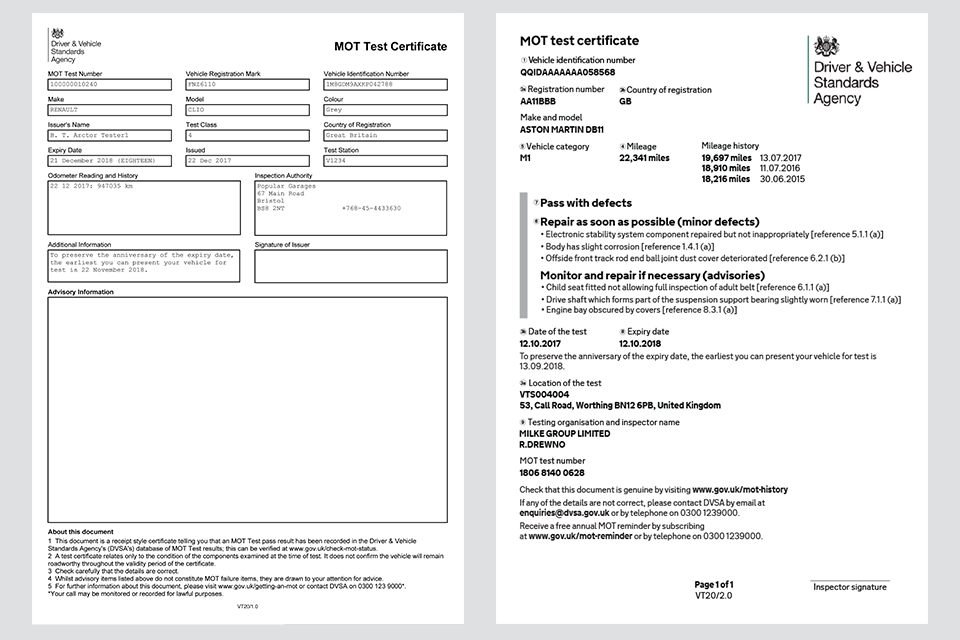Press release: More families helped to change their lives for the better
Local Government Minister Rishi Sunak has welcomed the progress made by the Troubled Families Programme over the past year to help families with multiple and complex problems improve their lives, to reform local services and to reduce pressure on the public purse.
The second Troubled Families annual report published today (27 March 2018) details how the programme is working with families as a whole to provide the stability and practical support they need to overcome complicated issues including ‘worklessness’, uncontrolled debt and truancy.
This programme of whole family working has achieved significant progress with:
- more than 90,000 families meeting the improvement goals agreed with local services against each of the problems they need to overcome – up more than 48,000 on the previous year
- almost 14,000 of families where progress has been achieved, 1 or more adult has succeeded in moving into continuous employment – an increase of over 4,800 since last year
- reduced demand on children’s social care services; the programme’s focus on preventative services is starting to show positive results with families getting the type of help they most need, including reducing the number of cases that need to be escalated to children’s social care
Local Government Minister Rishi Sunak said:
This report details the hard work that’s been happening across the country over the past year to help families with a variety of challenging problems improve their lives, reduce their dependency on local services, and in doing so deliver better value for taxpayers.
Adults who were once far from the job market are now moving into work. Children are getting the right support they need and local leaders are encouraging and challenging all services working with children and their families to act early and offer whole family support, to stop their problems becoming worse.
Rather than responding to each problem, or single family member separately, assigned Troubled Families key workers champion working with the whole family. This means they receive support from coordinated services working together to identify and solve their problems as early as possible, rather than merely reacting to crises.
Since the current programme began in 2015, local authorities and their partners have worked with 289,809 eligible families. This compares with only 2,000 families who had received whole family support in England between January 2006 and March 2010.
In addition to working successfully with families struggling with a variety of chaotic issues in their lives, the report outlines how the programme is also driving real long-term change across local services including police, housing, social care and Jobcentres. Services and professionals are now better connected and working in partnership.
Rather than circling around families with multiple and separate assessments and appointments, local authorities are using the programme to work across organisational and cultural boundaries to achieve better lives for the families in need and produce savings for the public purse.
Following a review of the programme’s funding model, the annual report also sets out how a new payment structure will be piloted in 11 selected local authorities, with upfront payments made to help support families and accelerate change across local services. This new ‘Earned Autonomy’ model builds on the existing Payments by Results system in which local authorities are paid for each family who either achieves ‘significant and sustained progress’ or moves into continuous employment.
Case study
Staffordshire’s local Troubled Families Programme has driven service reform and reduced demand on children’s social care services. Since 2015, of the 891 families that have achieved continuous employment or significant and sustained progress through the Troubled Families Programme (up to 31 January 2018), 15 families – less than 2% – required further early help intervention and just 12 families – required any future children’s social care intervention
Further information
This is the second annual report of the current Troubled Families Programme and meets the Ministry of Housing, Communities and Local Government’s statutory duty to report annually on performance. See Supporting disadvantaged families: annual report of the Troubled Families Programme 2017 to 2018.
The current Troubled Families Programme was rolled out in England in April 2015 and replaced the first programme which had been in place since 2012. The programme will continue support for disadvantaged families with complex problems and will work with up to 400,000 families by 2020.
The annual report confirms that the programme continues to reach families with complex and multiple problems. In the year before starting the programme, troubled families had the following characteristics compared to the general population:
- children were nearly 8 times more likely to be classified as a Child in Need
- adults were 7 times more likely to have a caution or conviction
- adults were 5 times more likely to be claiming benefits
- children were nearly 3 times more likely to be persistently absent from school
In addition:
- over two fifths of troubled families had a family member with a mental health issue
- just under a quarter of troubled families had a family member affected by an incident of domestic abuse or violence
The 11 areas that will pilot the new Earned Autonomy funding model are: Barking and Dagenham, Brighton and Hove, Bristol, Camden, Cheshire West and Chester, Durham, Islington, Kent, Leeds, Liverpool and Staffordshire.
Office address and general enquiries
2 Marsham Street
London
SW1P 4DF
Contact form
http://forms.communiti…
General enquiries: please use this number if you are a member of the public
030 3444 0000
Media enquiries
Email
newsdesk@communities.gsi.gov.uk
Please use this number if you’re a journalist wishing to speak to Press Office
0303 444 1209
Social media – MHCLG
Twitter – https://twitter.com/mhclg
Flickr – http://www.flickr.com/photos/mhclg
LinkedIn – http://www.linkedin.com/company/mhclg



